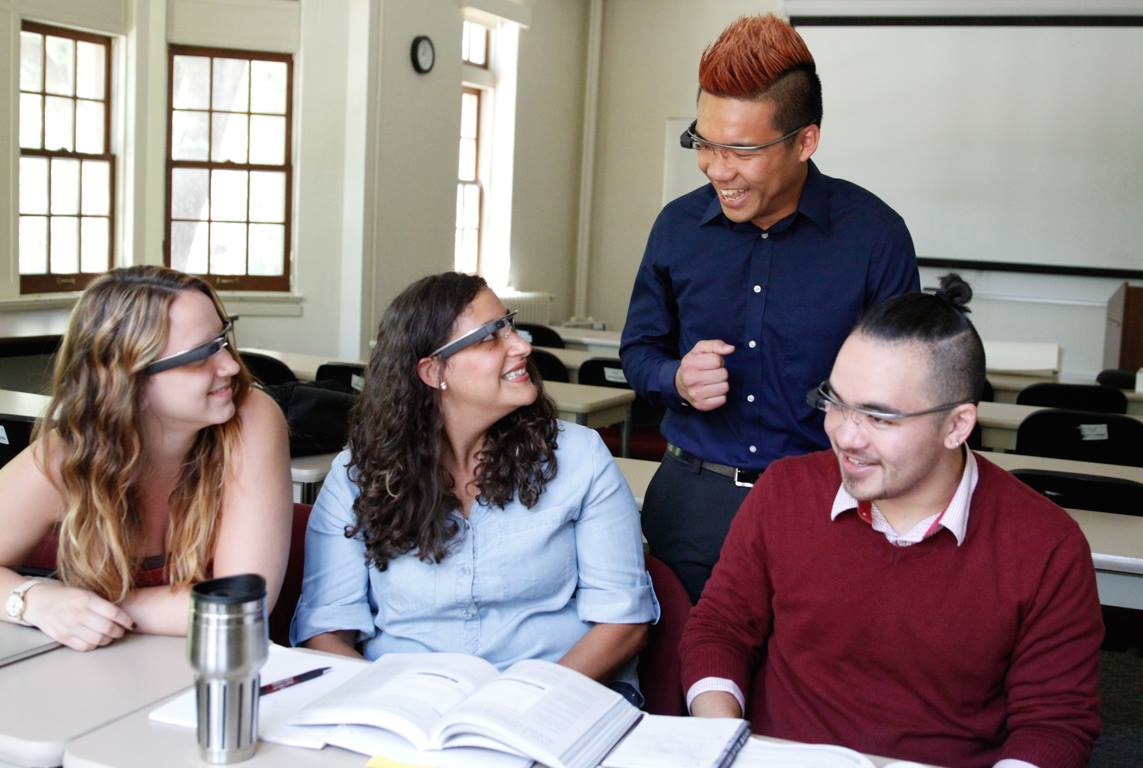My views and evaluation of digital rhetoric are rooted in the practices and disciplines through which I have traversed. My early encounters with computers happened both in school and at home. Along with other 10-year-olds, I was led by our teacher into our school’s brand new computer lab back in 2000. At the turn of the millennium, Malaysia (my ancestral home) was picking up its pace in scientific and technological development––especially across schools and governmental infrastructures––and there was a pervasive national narrative that aimed to promote science education and computer literacy. Thanks to generous donors and state endowments, my friends and I were among the first few lucky groups of students who got to learn programs like Microsoft Paint, Kid Pix, and the Windows 97 Office suite while attending grade school. As part of the curriculum, we had about two hours each week dedicated to lessons on computer hardware and software, as well as typing and navigating the computer interface. While I don’t exactly remember much of what I did in the then-new computer lab, I cherish the memories when I “painted” abstract graphics on the computer, saved them on a 3.5” floppy diskette, and exchanged it with other classmates so we could view one another’s “artwork.”

Back at home, my parents bought our family computer soon after I turned 15, and I vividly remember how my brothers and I had spent an entire weekend figuring how to get the speakers hooked up to the CPU. We had even drawn up a timetable so we could take turn using the computer. It was also then when my parents decided to get us internet connection through a dial-up modem. Because the family phone would be disrupted when the computer is connected to the Internet, our use of the Web was quite limited. Nonetheless, it was then that I was introduced to the idea of blogging (around 2006) and I used the Web mainly for that purpose. I would write about my day in school, my feelings about the latest anime story on TV, and everything and anything that I thought someone out there might be interested in reading through my blog. In retrospect, it was since I started blogging that I developed a sentiment for writing. I was writing more than ever before, and my vocabulary grew as a result (PS. English is not my first language). Besides, blogging had also kept me reading (other blogs) and participating in a virtual community of bloggers who share common interests. I was so indulged in the act that at one point I thought I could make blogging my career. Sadly, that idea was given a pass after my teachers told me that it was not feasible. (Of course, they didn’t see Google and social media coming.)
The second part of this narrative wends its way into personal computing mainly for writing and communicative purposes, and then a deep dive into using the mainframe systems in college after I transferred to an American university. Before entering the second decade of the new millennium, computers were almost ubiquitous on campus. Email and online dashboards like Desire2Learn learning management system and e-Services portal were (still are, I think) regarded as “official channels of communication” between administrators, faculty members, and students. To my surprise, I became well versed in all these modes of writing and communicating rather quickly, and I was very watchful for communicative conventions and ethics across these platforms.
Continuing my studies at a comprehensive American university also gave me the opportunities to meet with people from different cultural backgrounds, education, and interests. Especially during my days in the student residential hall, where students would exchange and explore ideas in the middle of the night, play games, and share their respective interests with each other, I got to learn about computer programs and sites that I have never heard before (as most of them are popular within certain regions of the world). Although I did not get involved with computer games as much as most of my colleagues in digital and techno-rhetorics do, but I have always had a keen interest in visual display and computer programming. It might have been for this reason that I enrolled in a media studies undergraduate major with a focus in advertising and minor in psychology. Though not directly computer-related, most of my term papers share a common topic of technology and social behaviors. Upon completing my senior year, I went on to work in the advertising industry for one short year, and returned to complete two master’s degrees––one in advertising and public relations, the other in rhetoric and composition, where I was first (or finally) introduced the concepts of writing and rhetorical theories.
It was through my rhetoric and composition MA program that I began to apprehend the facility of rhetoric and shifted my disciplinary identity from media studies to rhetoric. Two of the classes I took as a graduate student that made explicit the relations between the digital and the rhetorical were Matt Barton’s “Digital Rhetoric, Culture, and Discourse” and Judith Kilborn’s “Digital Rhetoric and Pedagogy” (which I completed fully online). It was then that my interests for digital rhetoric began solidifying and becoming a core of my research today.
For my dissertation, I am examining the intersections between emerging technologies and project-based pedagogy through the lens of design thinking, multimodality, and maker culture. I am working to create a framework for teaching technical and professional communication that leverages the rhetorical affordances of design-driven pedagogy and collaborative problem-solving. I am happy to chat more about my projects via email at thamx007@umn.edu or on Twitter at @jasoncktham.
